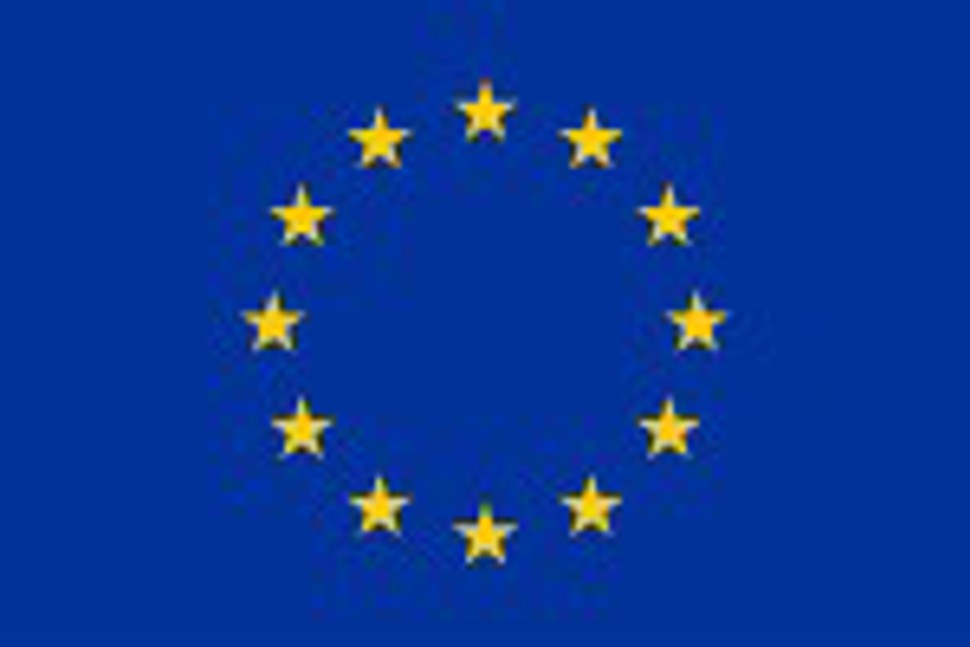Young people will tackle obesity in new EU project
News
|Published
A consortium of 14 international research and advocacy organisations meet in Oslo, Norway, 27-28 June to kick off a ground-breaking project to tackle overweight and obesity in young people.
This news article is older than 30 days and the information may be outdated
Go to the home pageThe initiative involves young people as a key component throughout the project, designing policies and advocating practices they believe will help improve adolescent health. Supported by the European Commission, the budget of over €9.5m will provide a programme of activities for a five-year period 2018-2023.
The project, titled CO-CREATE, will work with adolescents to create, inform and disseminate policies to tackle obesity among their peers. The project sees adolescence as a crucial age-group with increasing autonomy and soon to be the next generation of adults, parents and policymakers, and thus important agents for change. CO-CREATE sees youth involvement as an essential component to the development of policies which are aimed at them, and thus the project aims to involve and empower adolescents and youth organizations to foster a participatory process of identifying and formulating relevant policies, assessing the options with other private and public actors, promoting relevant policy actions and developing tools and strategies for implementation.
In addition to the involvement of young people, another key element of CO-CREATE will be the use of a societal systems approach to understand how different societal factors, stakeholders and institutions associated with obesity interact at various levels, and the implications these have on policy and young people.
CO-CREATE partner organisations include university research departments, national public health institutions and a number of civil society organisations concerned with health policies and youth well-being. The project will build on existing initiatives and platforms, and construct new opportunities and platforms for youth engagement in the issue and youth participation in democratic moves for advocacy and policy change.
“Young people are not heard enough in developing the policies that affect them, and shaping the environments in which they live,” said project leader, Professor Knut-Inge Klepp of the Norwegian Institute for Public Health. “As researchers and advocacy organisations we should listen more. We can bring large-scale datasets and policy monitoring tools, but we need to listen more if we are to create new strategies, tools and programmes for promoting sustainable and healthy behaviours,” he said.
The CO-CREATE Project has received funding from the European Commission’s Horizon 2020 research budget, shared between 14 research groups in six European countries plus Australia, South Africa and the United States. The project will be completed in 2023.
Contact Professor Knut-Inge Klepp – tel: + 47 21 07 83 00 (inquiries from media), email Knut-Inge.Klepp@fhi.no
Notes:

The CO-CREATE project is supported under the European Union’s Horizon 2020 Research Programme for Sustainable Food Security, grant agreement 774210.
Organisations in the CO-CREATE project consortium are:
FOLKEHELSEINSTITUTTET | Norway |
UNIVERSITEIT VAN AMSTERDAM | Netherlands |
UNIVERSITETET I OSLO | Norway |
WORLD OBESITY FEDERATION | United Kingdom |
LONDON SCHOOL OF HYGIENE AND TROPICAL MEDICINE | United Kingdom |
UNIVERSITY OF CAPE TOWN | South Africa |
Centro de Estudos e Investigação em Dinamicas Sociais e Saúde | Portugal |
World Cancer Research Fund International | Belgium |
EAT Stockholm Food Forum AS | Norway |
University of Texas Health Science Center at Houson | United States |
Press | Norway |
UNIVERSITETET I BERGEN | Norway |
SWPS UNIWERSYTET HUMANISTYCZNOSPOLECZNY | Poland |
DEAKIN UNIVERSITY | Australia |
Estimated percentage of European school-age children (age 5-17y) with excess bodyweight (overweight and obesity):
Year | 2000 | 2013 | 2025 |
Albania | 31 | 30 | 28 |
Austria | 18 | 18 | 17 |
Belgium | 19 | 20 | 20 |
Bosnia and Herzegovina | 17 | 20 | 23 |
Bulgaria | 26 | 26 | 27 |
Croatia | 21 | 25 | 28 |
Cyprus | 23 | 24 | 25 |
Czech Republic | 20 | 20 | 20 |
Denmark | 19 | 20 | 20 |
Estonia | 20 | 23 | 25 |
Finland | 20 | 24 | 26 |
France | 19 | 18 | 17 |
Germany | 18 | 20 | 21 |
Greece | 26 | 31 | 36 |
Hungary | 25 | 28 | 30 |
Iceland | 21 | 25 | 28 |
Ireland | 26 | 27 | 27 |
Italy | 26 | 27 | 28 |
Latvia | 16 | 18 | 19 |
Lithuania | 20 | 23 | 26 |
Macedonia FYR | 22 | 23 | 24 |
Malta | 28 | 29 | 31 |
Moldova | 14 | 16 | 17 |
Montenegro | 24 | 27 | 29 |
Netherlands | 16 | 17 | 18 |
Norway | 17 | 18 | 19 |
Poland | 18 | 20 | 22 |
Portugal | 26 | 28 | 29 |
Romania | 13 | 16 | 18 |
Serbia | 15 | 21 | 27 |
Slovakia | 15 | 17 | 19 |
Slovenia | 24 | 29 | 33 |
Spain | 26 | 26 | 26 |
Sweden | 17 | 20 | 23 |
Switzerland | 17 | 18 | 20 |
United Kingdom | 24 | 28 | 31 |
Sources: Ng et al, Lancet, 2014;384:766-81, and Lobstein et al Pediatric Obesity, 2016;11:321-5.
 | This project has received funding from the European Union's Horizon 2020 research and innovation programme (Work Programme 2016-2017: Food security, sustainable agriculture and forestry, marine and maritime and inland water research and the bioeconomy) under grant agreement No 774210 |


